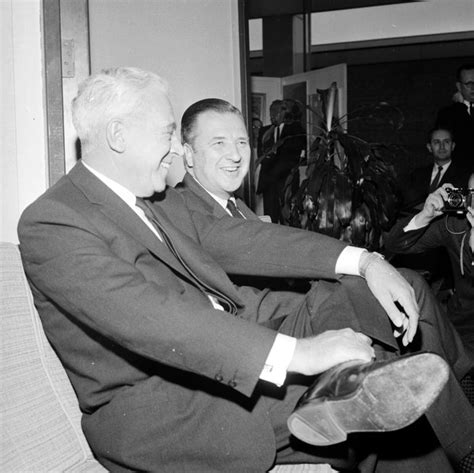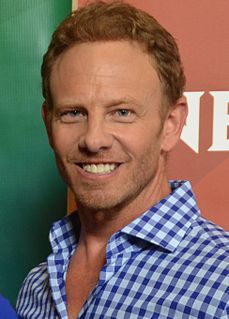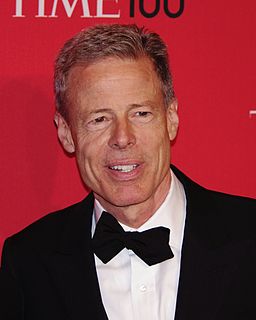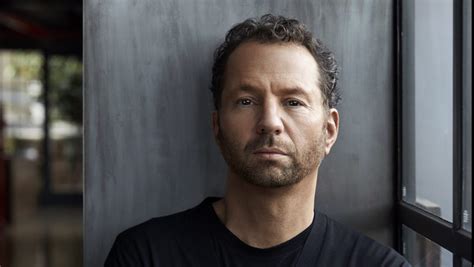A Quote by Beeban Kidron
This idea of the digital native in the bedroom taking down a fascist regime and building a billion-dollar company is a very attractive image, but actually, if you look at the research, young people are on the lowest rung of digital opportunity.
Related Quotes
In every part of the world with which I am familiar, young people are completely immersed in the digital world - so much so, that it is inconceivable to them that they can, for long, be separated from their devices. Indeed, many of us who are not young, who are 'digital immigrants' rather than 'digital natives,' are also wedded to, if not dependent on, our digital devices.
Here’s a current example of the challenge we face. At the height of its power, the photography company Kodak employed more than 140,000 people and was worth $28 billion. They even invented the first digital camera. But today Kodak is bankrupt, and the new face of digital photography has become Instagram. When Instagram was sold to Facebook for a billion dollars in 2012, it employed only thirteen people. Where did all those jobs disappear to? And what happened to the wealth that all those middle-class jobs created?
As somebody who's kind of a technophile, I'm interested in how traditional and digital publishing connect. Maybe ten years ago they were seen as antagonists, but now they complement each other. There's data that shows digital sales actually drive print sales. And even the ways in which pictures and words, text and image, interact - we're seeing these books that are very hard to categorize. All of that is very exciting to me.






































